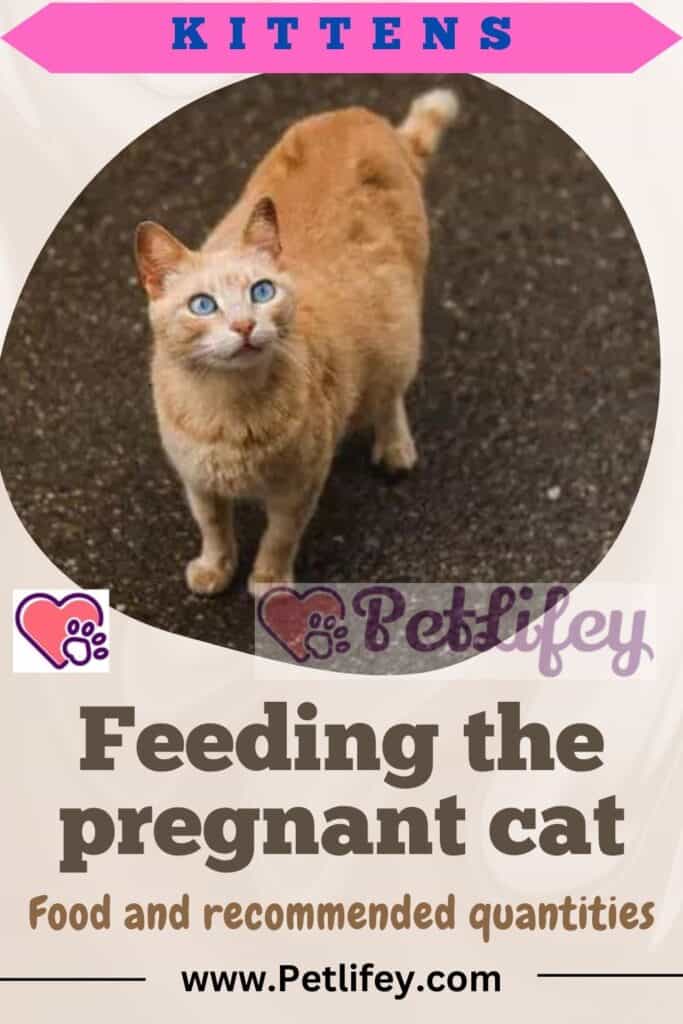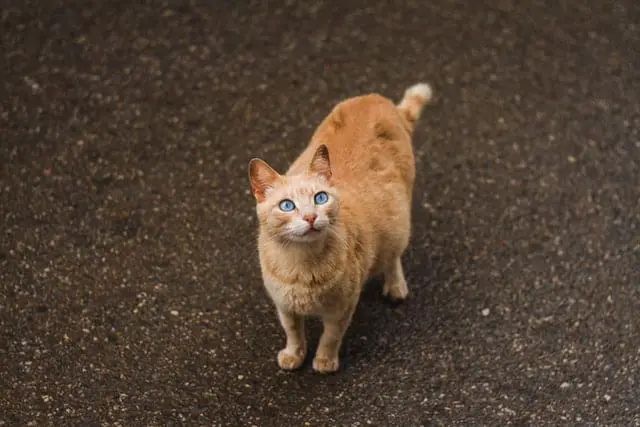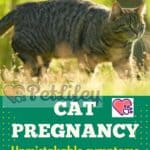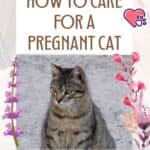
The gestating cat must eat protein-rich foods of animal origin and avoid excess carbohydrates. Here is what and how much the pregnant cat should eat.
The correct nutrition of the pregnant cat is crucial for the health of the future mother and for the puppies she carries in her womb. In the following article we will deepen the nutritional needs of the cat when she is gestating.
The food needs of the pregnant cat

The gestation period of the cat lasts on average 65 days, but can vary from 61 to 72 days. During the first two thirds of pregnancy, her body will accumulate fat to prepare for the arrival of the puppies, in the final part of the pregnancy the weight gained will be due solely to the growth of the litter. Proper nutrition is certainly one of the things to do before and after giving birth.
During pregnancy, the cat needs a diet rich in fat which must however be carefully and constantly monitored to avoid excessive weight gain. The weight should not exceed 40% increase compared to the ideal one.
The change of diet must be gradual and not sudden. Only in this way will you reduce any digestive disturbances caused by a sudden change in diet. He begins to change a quarter of his initial diet with new foods and within five to seven days increases the percentage of new food up to 100%.
The extra calories needed by the pregnant cat must be of animal origin and it will also be necessary to increase the daily consumption of calcium, essential for the development of the fetus, and to avoid excess carbohydrates.
What and how much should the pregnant cat eat?
The gestating cat must always have fresh and clean food and water available. The food that best suits her needs is industrial feed for kittens. These are balanced and offer all the essential nutrients for the expectant mother and her puppies.
During pregnancy the cat’s appetite increases to meet the nutritional needs of her body, towards the end of gestation, you will see that her appetite will gradually decrease. Don’t worry, this is normal because the size of the uterus puts pressure on the stomach. After giving birth, your appetite will gradually return to normal.
The role of the veterinarian
The vet should be consulted periodically to monitor the cat’s weight gain and check the growth status of the kittens that are about to be born. Undernutrition and being overweight can lead to countless complications during pregnancy and childbirth.






